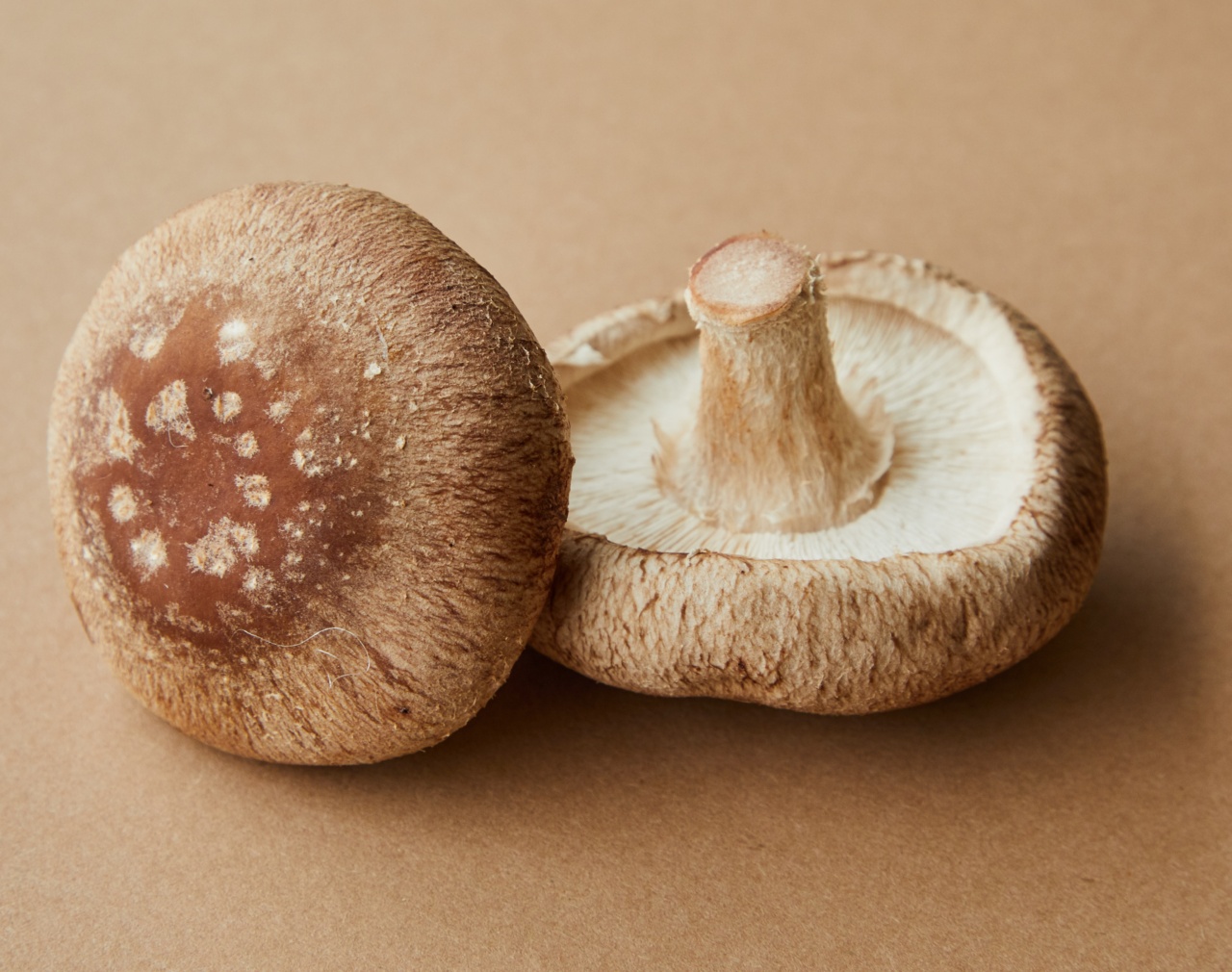When it comes to getting enough protein in your diet, many people tend to think about animal-based sources such as meat, eggs, and dairy products.
However, there is a wide variety of protein-rich plant foods that can provide all the essential amino acids your body needs. Whether you are a vegan, vegetarian, or simply looking to incorporate more plant-based proteins into your meals, this guide will introduce you to a range of nutrient-packed options.
The Benefits of Plant-Based Proteins
Plant-based proteins offer numerous health benefits, including:.
- Lower saturated fat content compared to animal-based proteins
- High fiber content, which can aid digestion and promote gut health
- Rich sources of essential vitamins, minerals, and antioxidants
- Reduced risk of chronic diseases, such as heart disease and certain types of cancer
- Environmentally friendly and sustainable
Top Plant-Based Protein Sources
1. Lentils:.
Lentils are a protein powerhouse, packed with approximately 18 grams of protein per cooked cup. They are also rich in iron, folate, and fiber. Lentils can be easily incorporated into soups, stews, salads, and even veggie burgers.
2. Quinoa:.
Quinoa is an excellent source of complete protein and is gluten-free. It contains all nine essential amino acids, making it a go-to choice for many plant-based eaters.
With around 8 grams of protein per cooked cup, quinoa can be enjoyed as a base for salads, grain bowls, and even as a breakfast porridge.
3. Chickpeas:.
Chickpeas, also known as garbanzo beans, are not only a good source of protein (approximately 15 grams of protein per cooked cup) but are also rich in fiber and minerals such as manganese and folate.
They can be used to make hummus, added to salads, soups, or roasted for a crunchy snack.
4. Hemp Seeds:.
Hemp seeds are tiny nutritional powerhouses, offering around 9 grams of high-quality protein per ounce. They are also packed with essential fatty acids, including omega-3s, and are a good source of fiber.
Hemp seeds can be sprinkled over salads, smoothies, or used in baking recipes.
5. Chia Seeds:.
Chia seeds are not only rich in protein (around 5 grams per ounce) but also high in fiber, omega-3 fatty acids, and antioxidants.
They can absorb liquid, forming a gel-like consistency, making them ideal for making chia puddings, adding to smoothies, or as an egg substitute in baking.
6. Edamame:.
Edamame, young soybeans, are a delicious and nutritious plant-based protein option. With approximately 17 grams of protein per cooked cup, edamame also provides a good dose of fiber, vitamins, and minerals.
They can be enjoyed as a snack, steamed, or added to stir-fries and salads.
7. Tempeh:.
Tempeh is a fermented soybean product that is dense in nutrients and offers approximately 20 grams of protein per cooked cup. It is also a great source of probiotics, which promote good gut health.
Tempeh can be used in stir-fries, sandwiches, or marinated and grilled as a flavorful meat substitute.
8. Spirulina:.
Spirulina is a type of blue-green algae packed with plant-based protein (around 4 grams per tablespoon). It is also rich in antioxidants, vitamins, and minerals.
Spirulina can be added to smoothies, juices, or used in energy bars and homemade protein balls.
9. Nutritional Yeast:.
Nutritional yeast is a deactivated yeast that provides a cheesy, umami flavor to dishes. It is a complete protein source, offering around 9 grams of protein per 2 tablespoons.
Nutritional yeast can be sprinkled over popcorn, pasta, roasted vegetables, or used to make a delicious vegan cheese sauce.
10. Green Peas:.
Green peas are not only tasty but also a good source of plant-based protein, providing approximately 8 grams of protein per cooked cup. They are also rich in fiber, vitamins, and minerals.
Green peas can be added to soups, stews, stir-fries, or enjoyed as a side dish.
Making the Most of Plant-Based Proteins
To ensure you are meeting your protein needs with plant-based sources, try the following tips:.
- Mix and match different plant proteins to ensure a variety of amino acids in your diet.
- Combine grains (such as rice or quinoa) with legumes (such as beans or lentils) for a complete protein source.
- Experiment with different cooking methods and flavors to keep your meals exciting and enjoyable.
- Incorporate protein-rich snacks, such as roasted chickpeas or nut butter with apple slices, into your daily routine.
- Consider incorporating plant-based protein powders, such as pea or brown rice protein, into your smoothies or baked goods.
Conclusion
As you can see, there is a wide range of plant-based protein sources available to support a healthy and balanced diet.
From lentils and quinoa to chia seeds and tempeh, incorporating these nutritious options into your meals can provide all the protein your body needs without relying solely on animal-based products. By diversifying your protein sources and getting creative in the kitchen, you can enjoy an abundance of delicious plant-powered dishes while reaping the numerous health benefits these foods have to offer.































